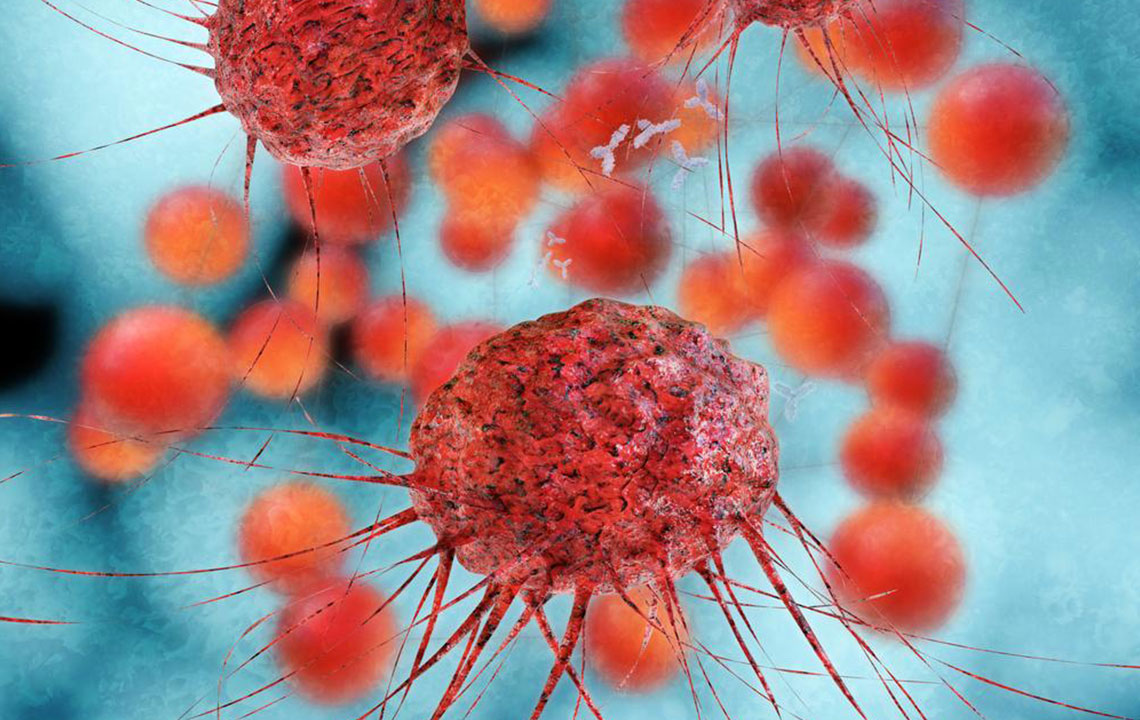Comprehensive Guide to Medications for Multiple Myeloma Treatment
This article offers an in-depth overview of medications used in treating multiple myeloma, covering early and late relapse strategies. It explains drug types like proteasome inhibitors, immunomodulators, and monoclonal antibodies, along with treatment considerations and post-therapy follow-up. Ideal for patients and caregivers, it emphasizes understanding disease management and the importance of ongoing monitoring to prevent recurrence.

Comprehensive Guide to Medications for Multiple Myeloma Treatment
Multiple Myeloma is a type of blood cancer that impacts plasma cells in the bone marrow. These cells play a vital role in immune defense by producing antibodies. In this condition, abnormal plasma cells multiply excessively, producing harmful proteins and causing health issues.
Relapse indicates the return of cancer after initial treatment. When multiple myeloma reappears in the same or different locations, it’s called relapsed myeloma. This often happens if treatments are ineffective or if the cancer persists during ongoing therapy.
Early Relapse in Multiple Myeloma
An early relapse can occur soon after initial therapy. The frequency of relapse varies among individuals. Diagnosis involves blood tests, urine analysis, and bone marrow assessments. Treatment depends on symptom severity and may involve different drug combinations.
Typical Medications Used in Early Relapsed Myeloma
Proteasome Inhibitors
These drugs block the disposal of abnormal proteins, causing a buildup that kills myeloma cells and halts disease progression.
Immunomodulators
These medications enhance immune response, reduce blood supply to cancer cells, and prevent tumor growth.
Monoclonal Antibodies
These targeted antibodies identify and bind to specific antigens on myeloma cells, helping the immune system destroy them. Types include naked, conjugated, and bispecific antibodies.
Late Relapse in Multiple Myeloma
The treatment for late relapse mirrors that of early relapse but may vary in dosage and administration based on disease progression. Over time, cancer cells may become resistant to treatments, leading to multiple recurrences. Oftentimes, clinicians combine proteasome inhibitors, immunomodulators, and monoclonal antibodies to manage the disease. Some patients opt for clinical trials, which often offer lower costs and new therapies.
Common Medications for Late Relapse
Chemotherapy
Chemotherapy aims to control tumor growth and eliminate myeloma cells using oral or injectable drugs. It is frequently combined with corticosteroids and immune agents, especially in aggressive cases. Side effects include hair loss, mouth sores, fatigue, nausea, and blood count reductions, which can increase infection risks.
Corticosteroids
These drugs reduce inflammation and manage side effects from other treatments. However, prolonged use can suppress immunity and cause side effects like high blood sugar, weight gain, sleep disturbances, and mood changes.
Post-Treatment Monitoring
While treatments may eradicate cancer cells, ongoing vigilance is crucial due to the risk of relapse. Regular follow-ups and testings help detect recurrence early, ensuring timely interventions.










